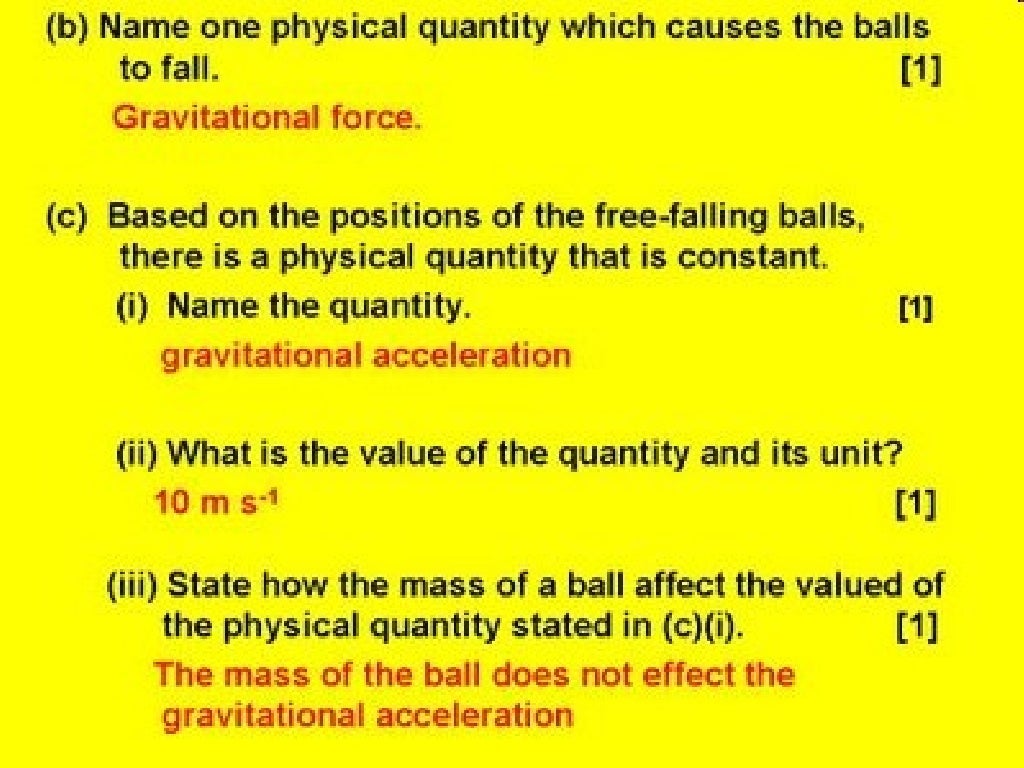

(ii) apply the scientific method to explore physical phenomena, including hypothesis development, observation, experimentation, measurement, data analysis, and data presentation. There will be discussion of problems during recitation, solving problems via simple calculations and arguments based on the fundamental concepts, which students will then write up, and students will carry out experiments that use methods of classical physics and test fundamental concepts.

(i) identify and apply the fundamental concepts and methods of classical physics, including Newton's laws of motion, energy, momentum, rotational motion, electricity and magnetism, waves, sound, light, and introductory quantum mechanics.

This course satisfies all the learning outcomes specified by Pathways for the Life and Physical Sciences requirement of the Common Core. Vibrations of Taut String - the sonometer The laboratory component of PHYS 101 consists of twelve experiments, to be done in groups of three or four, that complement the lecture component of PHYS 101 as well as the lecture material of PHYS 100. Introduction to Quantum mechanics and Radioactivity Newton's 1 st and 2 nd Laws of classical physics and linear motion These problems will form most, but not all, of the homework problems that each student will write up individually and turn in the following week. Students will work on problems, mostly conceptual and some quantitative, relevant to the material, in small groups, guided by the instructor. There will be a short presentation by the instructor on an example illustrating one or several essential concepts covered in detail in the co-requisite PHYS 100, followed by a problem-solving session. Almost all areas in physics are covered at an introductory level, emphasizing the concepts while using only the most basic formulas to enable a quantitative understanding. The lecture/recitation follows closely the topics of the co/pre-requisite course, PHYS 100. Note that this is a one-semester terminal physics course, and it does not fulfill the pre-med physics requirement.The pre/co-requisite course Physics 100 satisfies the Scientific World category of the Flexible Core of Pathways (but you may take 100 without taking 101). PHYS 101 fulfillstheLife and Physical Sciences category of Pathways.Lab: Physics 101 Lab Manual, Department of Physics and Astronomy, Hunter College of CUNY. Hewitt (Pearson, Addison-Wesley, 2014) but note that 9 th, 10 th, and 11 th editions are also fine. Textbook: Conceptual Physics, 12th Edition, by Paul G. Instructors (Spring 2019): Robert Marx, email Padilla, email hours: will be informed by instructor during first lab meeting * Pre-requisite or Co-requisite: PHYS 100 * Three Credit, one three-hour period each week, consisting of one-hour lecture/recitation + two-hour lab Basic Concepts of Physics with Laboratory Exercisesĭepartment of Physics and Astronomy, Hunter College CUNY


 0 kommentar(er)
0 kommentar(er)
